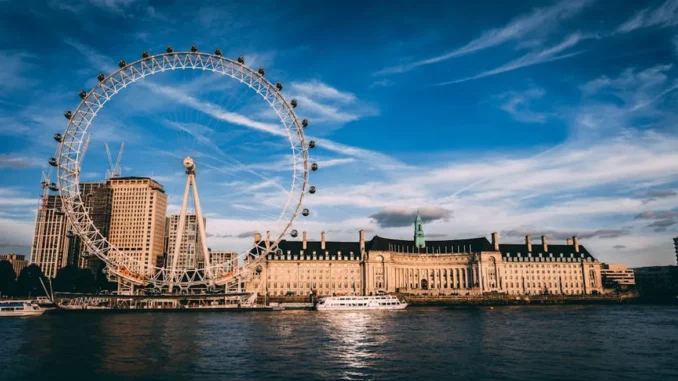
In the ever-evolving landscape of urban development, the introduction of the London Plan has marked a significant shift in how large-scale projects are approached, particularly regarding sustainability. To delve deeper into the intricacies of this new framework, I sat down with Alex, a seasoned expert in the field of sustainable architecture and urban planning. With a relaxed yet professional air, Alex shared insights into the transformative potential of services like those offered by Focus 360 Energy.
Air quality is vital in planning. See how Focus360 Energy can assist.
As we began our discussion, Alex highlighted the sheer scale and ambition of the London Plan. “It’s truly a comprehensive approach,” he noted, “one that requires developers to think holistically about their projects. They’re not just constructing buildings; they’re essentially building the future.” The London Plan mandates a zero-carbon standard to be achieved through various strategies, including renewable technologies, heating networks, and fabric improvements. Alex pointed out that this isn’t just about ticking boxes—it’s about genuinely integrating sustainable practices into the heart of urban development.
One of the key aspects Alex was keen to discuss was the shift away from traditional gas boiler solutions towards innovative heat pump technology. “The adoption of the SAP10 emissions calculation method is a game-changer,” he explained. “It nudges developers to embrace cutting-edge technology, which not only aligns with sustainability goals but also future-proofs the buildings.” This shift is particularly significant for larger developments, such as those with over 150 residential units or buildings exceeding 30 metres in height. The emphasis on heat pump technology is a crucial step towards reducing reliance on fossil fuels and promoting cleaner energy sources.
Moreover, Alex emphasised the importance of considering the entire lifecycle of a development. The Whole Life Carbon (WLC) assessments, as outlined in policy S12, require developers to account for greenhouse gas emissions throughout the lifespan of a building. “It’s about understanding the full impact,” Alex remarked, “from the materials used to the end-of-life considerations. This holistic view is essential for true sustainability.” He noted that services like those from Focus 360 Energy are instrumental in guiding developers through these complex assessments, ensuring that projects not only meet but exceed regulatory requirements.
Another pivotal element of the London Plan is the Circular Economy Statement, mandated by policy S17. Alex explained how this policy aims to reduce waste and promote a circular economy, which is vital in the context of urban development. “It’s about creating a cycle of use and reuse,” he said, “minimising waste and making the most of every resource.” This approach not only benefits the environment but also offers economic advantages by reducing material costs and enhancing the longevity of building components.
Despite the rigorous requirements, Alex was optimistic about the potential benefits for clients. “Adhering to the London Plan isn’t just about compliance,” he clarified. “It’s about adding value to a project. Sustainable buildings are increasingly in demand, and they often command higher market values. Plus, the long-term cost savings from energy efficiency can be substantial.” He stressed that while the initial investment in sustainable technologies and practices might be higher, the returns—both financial and environmental—are well worth it.
As our conversation drew to a close, Alex reflected on the broader implications of the London Plan. “This isn’t just a local issue; it’s part of a global movement towards sustainability,” he concluded. “Developers who embrace these changes are positioning themselves as leaders in the industry, setting new standards for what urban development can achieve.”
In summary, the services offered by Focus 360 Energy, in light of the London Plan, provide developers with the tools and expertise needed to navigate this complex landscape. As Alex eloquently put it, “It’s about building smarter, greener cities for tomorrow, today.” For those embarking on new developments in London, understanding and leveraging these services is not just beneficial—it’s essential.
Find out more at Focus 360 Energy


Be the first to comment